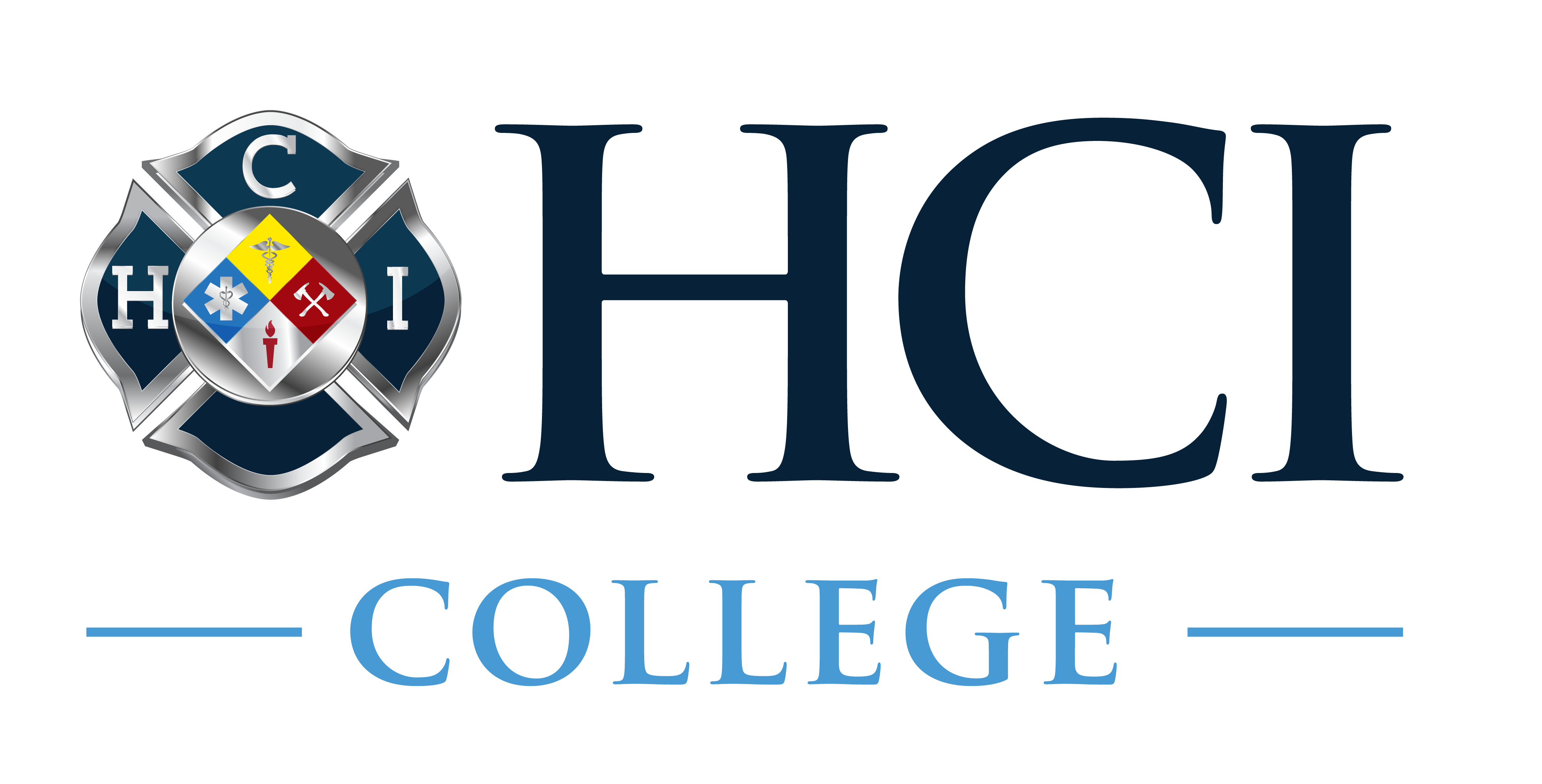What You Can Expect During Fire Training
![]()
Ready to launch your career as a firefighter, or add to your life by becoming a volunteer?
Then it’s time to dive into the next steps and get your training underway. If you’re the first in your family or peer network to become a firefighter, you might be unsure of what to expect.
Understanding the Fire Science Degree Program at HCI
An associates degree in fire science will help prepare you for a career as a firefighter in a paid fire department. At Health Career Institute, the 60-credit program consists of the following subject matter and course titles:
- Fire prevention best practices
- Fire codes and standards
- Firefighting tactics and strategies
- Fire investigation
The program also includes electives, which students will select from the following list.
- Basic–Intermediate ICS
- Ethical & Legal Issues For The Fire Service
- Fire Department Administration
- Fire Hydraulics
- Fire Apparatus & Equipment
- Fire Chemistry
- Fire Investigation & Arson
- Hazardous Materials I–III
- Latent Investigation
- Private Fire Protection Systems II
- Public Information Officer
Other courses including mathematics and English basics are also required to obtain the degree.
What to Expect From Training
In addition to the above coursework, there is a great deal of physical training required. Firefighters work long hours and are tasked with very physically demanding work, all while carrying heavy equipment and looking out for others, including their colleagues as well as civilians. It’s for this reason that candidates must be in top physical condition before training.
In addition, part of fire training is learning about all the equipment you will use as a firefighter. During off-peak times and while not responding to a call or getting necessary sleep, firefighters are responsible for the care and maintenance of fire equipment. This includes the engine and all that goes along with it, as well as the gear firefighters wear to attend to calls.
You can likely expect simulations of real-life call scenarios during training as well. Studying and learning is one thing, but even all the written notes and successful exams won’t help you if you cannot apply the things















